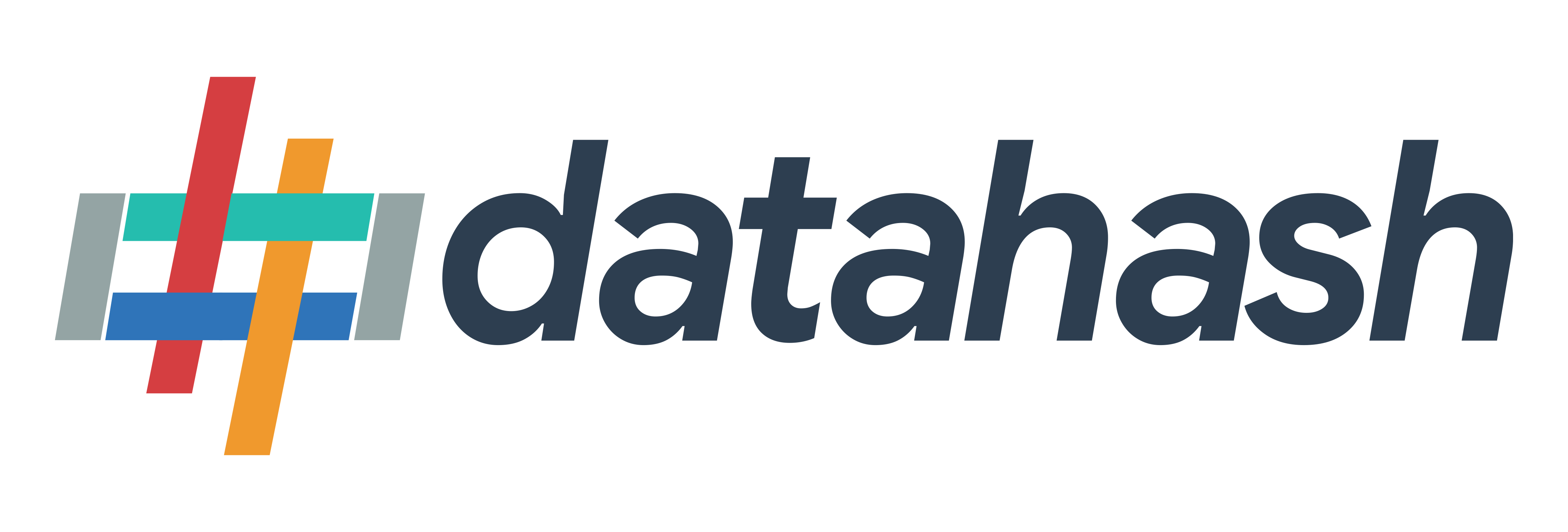Why is Proper Acquisition and Documentation of Data Consent Vital for Both Individuals and Organizations in the Age of Data Privacy?
Data Consent: Upholding Individuals’ Rights and Preserving Trust
In the era of digitalization and technological advancements, the protection of personal data has become a paramount concern. As individuals become more aware of how their personal information is utilised, the concept of data consent has emerged as a legally and morally binding agreement. This agreement allows individuals to grant organisations permission to collect, handle, or use their personal information for specific purposes.
Data consent is a crucial element in preserving individuals’ control over their personal data, as well as building trust and transparency in data management procedures. It serves as a cornerstone of data protection laws, such as the General Data Protection Regulation (GDPR), which aims to harmonise and enhance privacy rights for individuals within the European Union.
The process of obtaining data consent emphasises the need for informed and voluntary agreement between individuals and organisations. It requires organisations to provide clear and accessible explanations of how personal data will be utilised, ensuring that individuals are fully aware of the implications of granting consent. This transparency empowers individuals to make informed decisions about their personal information and ensures that they have the freedom to withdraw their consent at any time.
To comply with privacy laws and uphold individuals’ rights to data confidentiality and security, organisations must ensure the correct acquisition and documentation of data consent. It is not sufficient for organisations to simply assume consent or include complex legal jargon within lengthy terms and conditions. Instead, they must obtain explicit and unambiguous consent, separate from other agreements, in a manner that is easily understandable for the average individual.
Furthermore, the consent process must also take into consideration the principle of purpose limitation. This principle ensures that organisations only collect personal data for specific, explicit, and legitimate reasons. Organisations must clearly communicate these purposes to individuals before obtaining consent. By doing so, organizations can foster a sense of trust by assuring individuals that their personal information will only be used in a manner that aligns with their expectations.
In the absence of data consent, organizations are not authorized to process an individual’s personal data. This means that any collection, handling, or use of personal information without proper consent can be deemed unlawful. Such unauthorized processing not only violates individuals’ privacy rights but also undermines the trust that individuals place in organizations when sharing their personal data.
Data consent is not a one-time event. It is an ongoing process that requires organizations to regularly review and update their consent practices to ensure compliance with evolving privacy laws and regulations. Organizations must be prepared to provide evidence of valid consent, keeping comprehensive records of when and how consent was obtained, as well as any subsequent modifications or withdrawals.
In conclusion, data consent is a critical component in the realm of data protection. It enables individuals to exercise control over their personal data, safeguards their privacy rights, and fosters trust in data management procedures. Organizations must understand the significance of obtaining and documenting consent correctly, as failure to do so not only exposes them to legal consequences but also erodes the vital trust that underpins their relationship with individuals. By upholding individuals’ rights to data confidentiality and security through the proper acquisition and documentation of consent, organizations can ensure ethical and responsible data handling practices.












